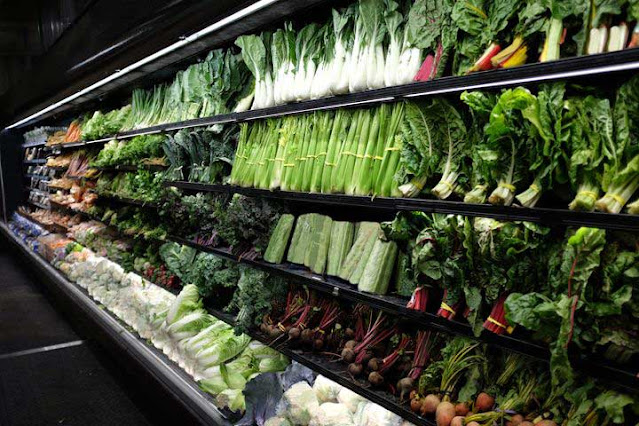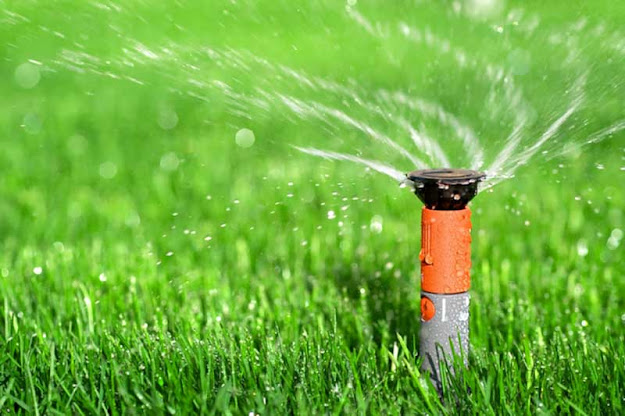Organic Gardening - How to Prepare Organic Fertilizer
To ensure that your garden will flourish and bear healthy flowers, fruits, and vegetables, you have to make a long-term commitment. Many of us take the easy way out and use synthetic fertilizers and pesticides. What we do not realize is that the use of synthetic fertilizers and pesticides will ruin and deplete the soil in our garden in the long-term. When the soil is stripped of its nutrients, it will be less than ideal for replanting. To ensure that the soil is properly replenished of its nutrients, it is advisable to use a traditional but effective way to prepare organic fertilizer to replenish the soil in your garden.
Organic fertilizer improves the soil as well as preventing it from compacting and crusting. When you use organic fertilizer, your soil remains moist all the time. It creates an ideal environment for earthworms and other microorganisms to aerate the soil. Organic fertilizer also releases nitrogen and other nutrients that help your vegetables thrive.
With all the hype about scientifically prepared synthetic fertilizer, many of us will find it hard to accept that the best form of organic matter comes from manure. The fresher the animal manure, the easier it is to apply to the soil. When you use animal manure to replenish your soil, you have to make sure that you allow sufficient time for the fertilizer to breakdown and release ammonia before you start planting. My recommendation is to let your garden rest for at least one season before planting.
If you're averse to using fresh manure, dried manure sold in nurseries work just as well. Dried manure can be purchased easily from plant nurseries and garden stores. Besides dried manure, you could also use compost. Compost is organic matter prepared from dried grass, leaves, fruit skins, and food waste, or any biodegradable product. Fertilizer is cheap, but its nutrient content is not as high as manure.
Another good source of organic matter that will do nicely as a fertilizer is sewage sludge. Sewage sludge comes in two forms: the digested sludge and the dried activated sludge. The former is of low quality because it contains between 1 to 3 percent of nitrogen. It may also include metal ions, which are not suitable for vegetables. The latter is better because it is filtered, dried in kilns, and screened. The dried activated sludge has been separated from coarse solids, inoculated with microorganisms, and aerated. Dried activated sludge contains between 5 to 6 percent of nitrogen.
Bear in mind, and sewage sludge is not raw sewage. Never use raw sewage for your garden soil because it is unhygienic. Instead, I recommend using any of the above ways of preparing organic fertilizer to replenish the soil in your garden.
Organic Fertilizer Facilitates Healthy Plant Growth
Organic fertilizer improves the soil as well as preventing it from compacting and crusting. When you use organic fertilizer, your soil remains moist all the time. It creates an ideal environment for earthworms and other microorganisms to aerate the soil. Organic fertilizer also releases nitrogen and other nutrients that help your vegetables thrive.
Best Organic Fertilizer
With all the hype about scientifically prepared synthetic fertilizer, many of us will find it hard to accept that the best form of organic matter comes from manure. The fresher the animal manure, the easier it is to apply to the soil. When you use animal manure to replenish your soil, you have to make sure that you allow sufficient time for the fertilizer to breakdown and release ammonia before you start planting. My recommendation is to let your garden rest for at least one season before planting.
Other Types of Organic Fertilizers
If you're averse to using fresh manure, dried manure sold in nurseries work just as well. Dried manure can be purchased easily from plant nurseries and garden stores. Besides dried manure, you could also use compost. Compost is organic matter prepared from dried grass, leaves, fruit skins, and food waste, or any biodegradable product. Fertilizer is cheap, but its nutrient content is not as high as manure.
Another good source of organic matter that will do nicely as a fertilizer is sewage sludge. Sewage sludge comes in two forms: the digested sludge and the dried activated sludge. The former is of low quality because it contains between 1 to 3 percent of nitrogen. It may also include metal ions, which are not suitable for vegetables. The latter is better because it is filtered, dried in kilns, and screened. The dried activated sludge has been separated from coarse solids, inoculated with microorganisms, and aerated. Dried activated sludge contains between 5 to 6 percent of nitrogen.
Bear in mind, and sewage sludge is not raw sewage. Never use raw sewage for your garden soil because it is unhygienic. Instead, I recommend using any of the above ways of preparing organic fertilizer to replenish the soil in your garden.




评论
发表评论